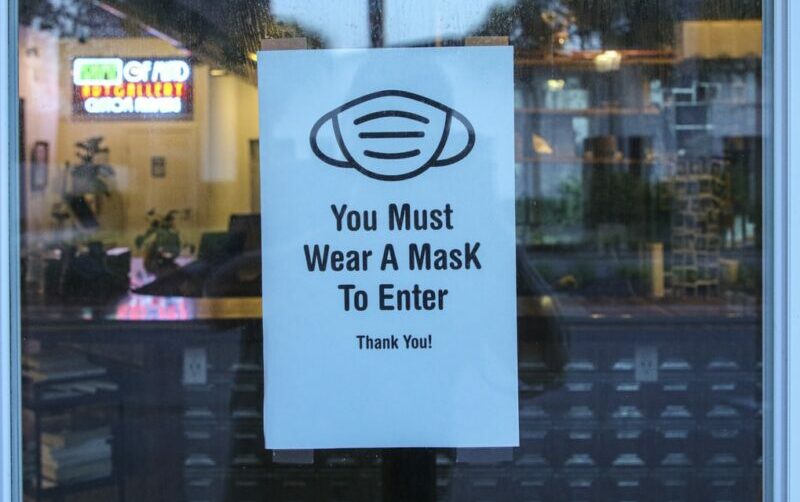The price of inequality: vaccine nationalism and the Omicron variant
December 10, 2021
Australia’s ability to move on from the pandemic has been possible by hoarding vaccines and ignoring the vast majority of the world’s population.
As the Omicron variant has the potential to unleash a powerful new wave of COVID-19 infections across the globe, wealthier countries are paying the price for “vaccine nationalism” — the prioritising of their own access to vaccines at the expense of the rest of the world.
The Omicron variant of COVID-19 was first detected only weeks ago. It may be more transmissible among younger people, more able to evade the immune system and possibly have greater resistance to existing vaccines. The spread of this variant has potentially significant ramifications as wealthier countries look to move on from the pandemic and prioritise their economic recovery from the disease ahead of ensuring equitable access to vaccines across the globe.
The ability of wealthier countries like Australia to attempt to move on from the pandemic has been made possible through hoarding vaccines and largely ignoring the fact that for the vast majority of the world’s population the pandemic is still raging, chiefly throughout Africa and low-income countries elsewhere.
According to the World Health Organization (WHO), African countries have fully vaccinated only 77 million people or 6 per cent of the continent’s total population with a number of states recording vaccination rates significantly lower than this headline figure.
The limited nature of the vaccine rollout in Africa can be attributed to a number of factors, particularly to the ongoing issues with the COVAX scheme that has constantly been compromised by wealthier countries failing to adequately resource and fund the program.
The COVAX scheme was created by WHO in consultation with a number of partners at the start of the COVID-19 pandemic to ensure equitable access to vaccines in low-to-middle income countries and had an initial goal of distributing 1.8 billon doses by early 2022. This initial target has been revised downwards numerous times and despite pledges of assistance from more than 30 countries the scheme looks like continuing to fail to meet these targets. Médecins Sans Frontières also estimates that 10 high-income countries will be sitting on more than 870 million excess vaccine doses by the end of this year alone.
Almost all African and low-income countries have been left behind due to the wealthier countries prioritising of their own access to vaccines that has exacerbated the already practical limitations to effective vaccine rolls outs in these countries. It is in the interests of these countries but also the self-interest of high-income countries to see that vaccination covers the globe. Australia has a particular interest to see high rates of vaccination in Papua New Guinea.
By leaving more than a billion people exposed to COVID-19 without protection wealthier countries are paying the price for the unequal access to vaccines that has defined the response to COVID-19 to this point and allowing global public health to be compromised by short sightedness as more variants of COVID-19 emerge. The reaction of wealthier countries of shutting their borders to a number of African states does nothing to address the issues that have allowed the Omicron variant to emerge among the continents’ mostly unvaccinated population or increase the effectiveness of the COVAX scheme.
Communicable infections like COVID-19 demand a global approach to public health that also includes the most vulnerable people. This approach to public health has already been critical in the fight against the HIV epidemic and highlights the importance of good governance, international cooperation and transparency. With this being even more important in controlling a lethal virus spread by inhaling aerosol and not by the sharing of bodily fluids.
Australia showed in the HIV epidemic that high quality governance was an enormous asset. Government transparency, accountability, inclusiveness and a multi partisan approach helped maintain low levels of HIV infection, saved many lives, averted much suffering and saved billions of dollars. Australia still benefits from the gains made in that approach in the early years of the HIV epidemic. It is now time that this is prioritised at a global level in the fight against COVID-19 by ensuring that lower-to-middle income countries have equitable access to vaccines going forward.
Put simply when it comes to fighting COVID-19, no one is safe until everyone is safe.



